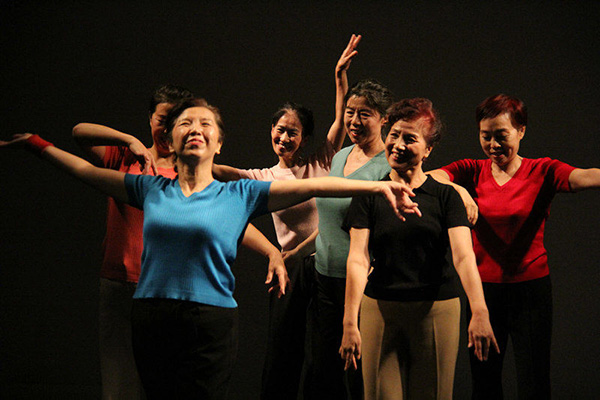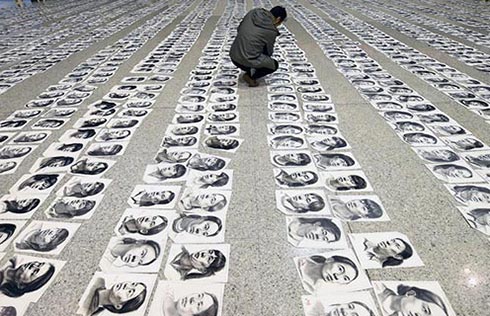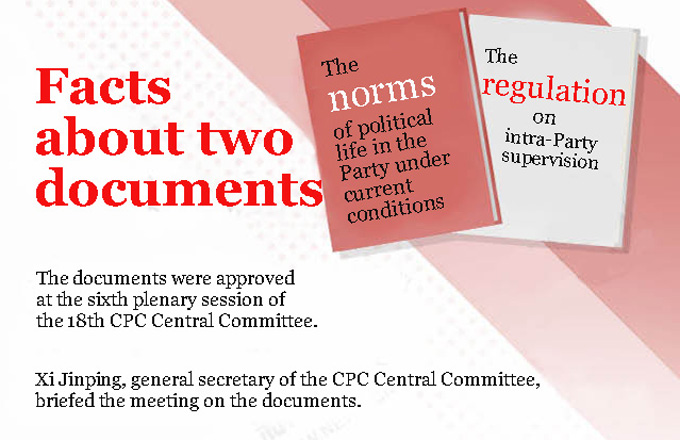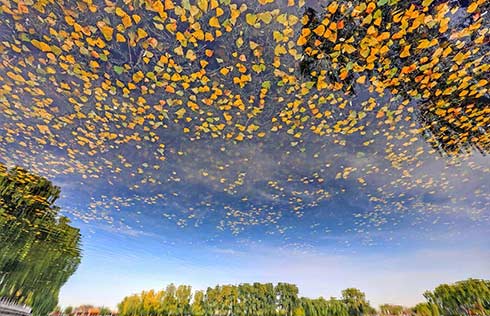From public square to public theater: China's dancing 'dama' take on the world
 |
|
Chen Guohua, 64, and five other Chinese "dama" (Chinese term for middle-aged and elderly women) practice square dancing. [Photo/Xinhua] |
BEIJING - Chen Guohua, 64, a lover of square dancing, no longer worries about finding a dance venue where she will not disturb the neighbors.
As performers in the 80-minute drama, "50/60 Dance Theater with Dama," Chen and five other Chinese "dama" (a Chinese term for middle-aged and elderly women) have danced in Penghao Theater in downtown Beijing for the past year, and even performed on the international stage in October's Vie Festival in Bologna, Italy.
"At first, we only took the play as a pastime and a way of doing exercise. None of us ever anticipated performing in Italy," said Tian Ying, a 63-year-old performer. "I think few retirees can do what we are doing now."
From public squares to public theaters, these dama are more than just square dancers -- dancers using simple movements to popular songs, incredibly popular throughout China -- their body language tells the life story of a generation of women born in the 1950s.
The choreography includes pieces of Beijing opera, ballroom dancing and even daily chores; simple but unique, the movements draw on modern German dance, ballet and Chinese folk dance.
All six performers were members of their community dance troupes for retired residents, but none of them had ever received professional training before.
It was Wang Mengfan, a 26-year-old director, and her young team that led these dancing dama to the theater. "Square dancing introduced me to them and inspired me," Wang said.
While shooting a documentary film about square dancing two years ago, Wang found that the dancing was only a small part of these women's lives.
"They are beautiful in many ways," Wang said. "The play presents the different facets of their beauty."
- Facts about Party's new rules
- Full text: Interpretation of Article 104 of Basic Law of Hong Kong SAR
- HKSAR government supports, to implement top legislature's Basic Law interpretation
- China adopts law on cybersecurity
- China bans for-profit private schools in compulsory education program



















